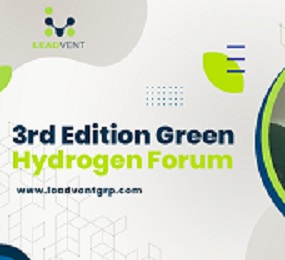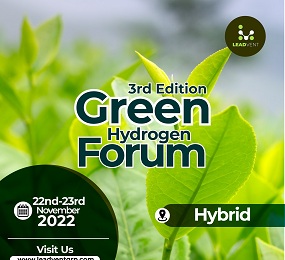The integration of hydrogen into existing energy grids and systems presents a significant opportunity to decarbonize the energy sector and enhance grid resilience. Hydrogen can play a crucial role in various aspects of the energy system, including:
1. Energy Storage:
Addressing Intermittency of Renewables: Hydrogen can effectively store excess renewable energy generated during periods of high production (e.g., sunny or windy days) and release it as electricity when demand is high or renewable energy sources are unavailable. This can help to balance the grid and ensure a stable and reliable supply of electricity.
Power-to-Gas (P2G) Technology: This technology converts surplus electricity from renewable sources into hydrogen through electrolysis. The stored hydrogen can then be used to generate electricity on-demand through fuel cells or re-injected into the natural gas grid.
2. Grid Stabilization:
Frequency Regulation: Hydrogen-powered fuel cells can rapidly respond to fluctuations in electricity demand, providing fast-acting grid stabilization services.
Voltage Support: Hydrogen can be used to provide voltage support to the grid, ensuring stable and reliable power delivery.
3. Decarbonization:
Replacing Fossil Fuels: Hydrogen can be used as a clean fuel source in power plants, replacing fossil fuels and reducing greenhouse gas emissions.
Industrial Applications: Hydrogen can be used as a feedstock for various industrial processes, such as steelmaking and chemical production, reducing reliance on fossil fuels in these sectors.
Challenges and Considerations:
Infrastructure Development: Significant investments are required to develop the necessary infrastructure for hydrogen production, storage, and transportation.
Cost-Effectiveness: The cost-effectiveness of hydrogen technologies needs to be improved to make them competitive with traditional energy sources.
Safety and Regulations: Ensuring the safe production, storage, and transportation of hydrogen requires robust safety protocols and regulations.
The Future of Hydrogen Integration
The integration of hydrogen into existing energy grids and systems is a complex but crucial undertaking. By addressing the challenges and capitalizing on the opportunities, hydrogen can play a vital role in creating a clean, reliable, and sustainable energy future. Continued research and development, along with supportive government policies and industry collaboration, are essential to accelerate the widespread adoption of hydrogen technologies.
To register or learn more about the Forum please check here: https://bit.ly/4cy6ijy.
For more information and group participation, contact us: [email protected]
















